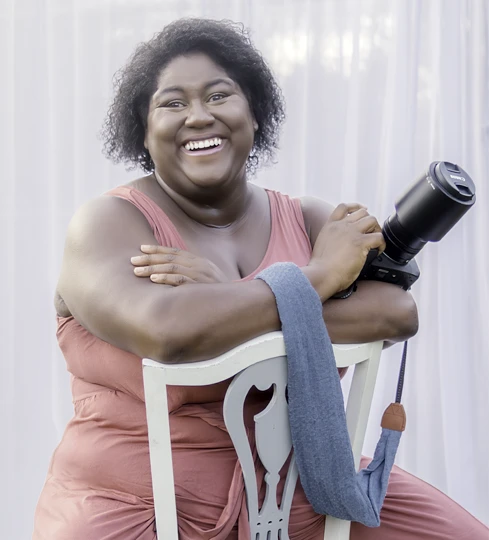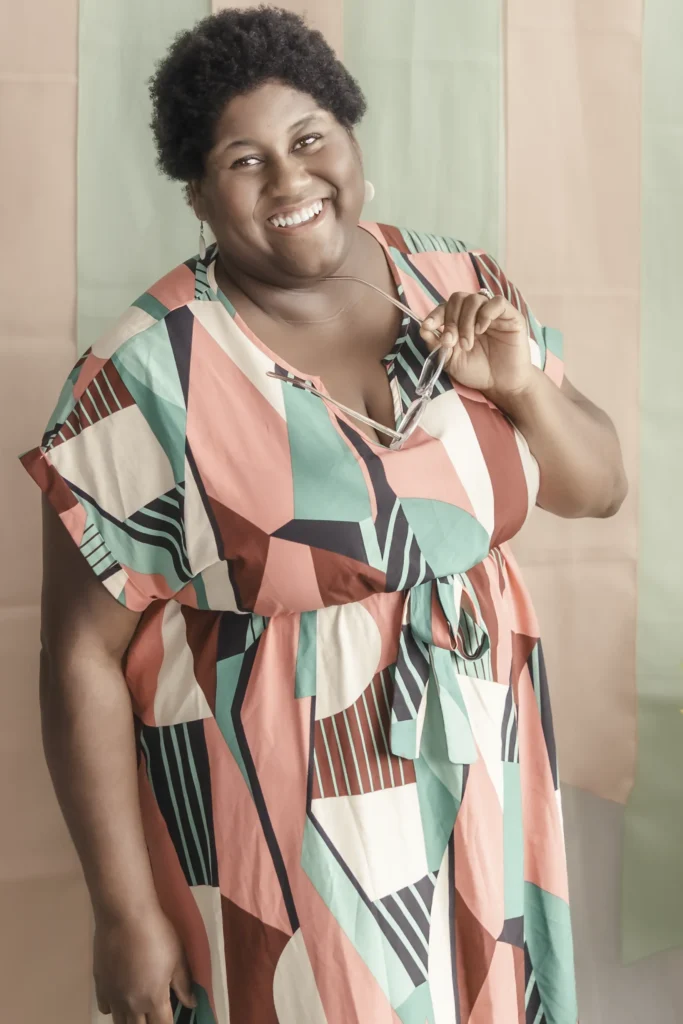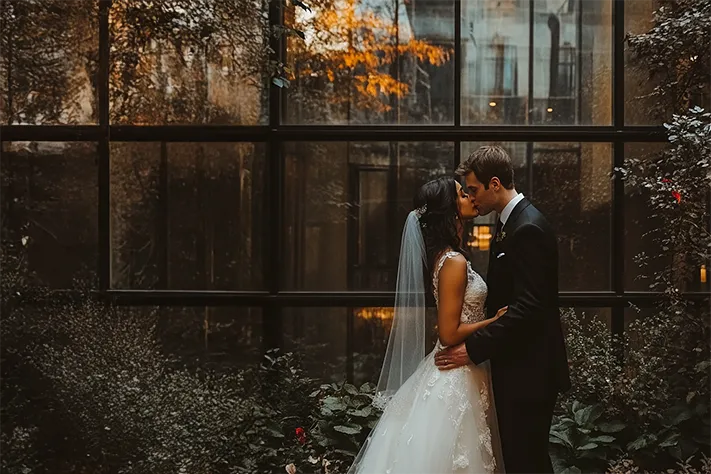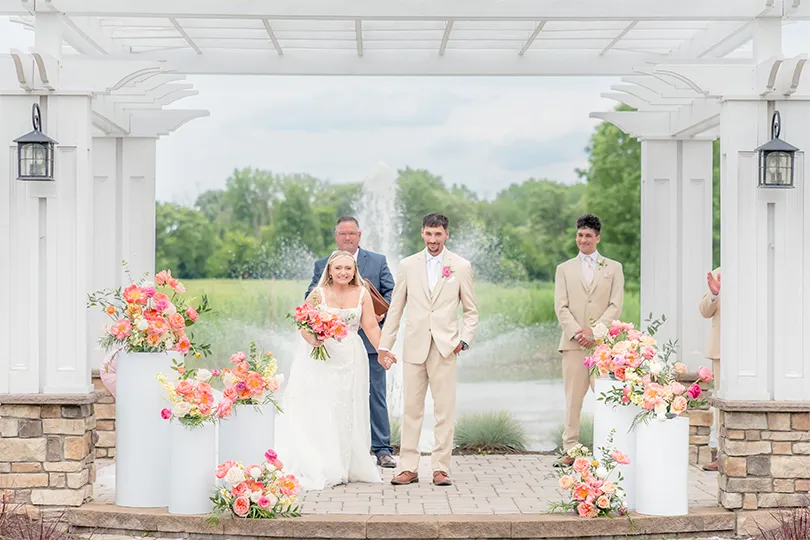Capturing Love Across Borders: The Ultimate Guide to Choosing a Traveling Wedding Photographer
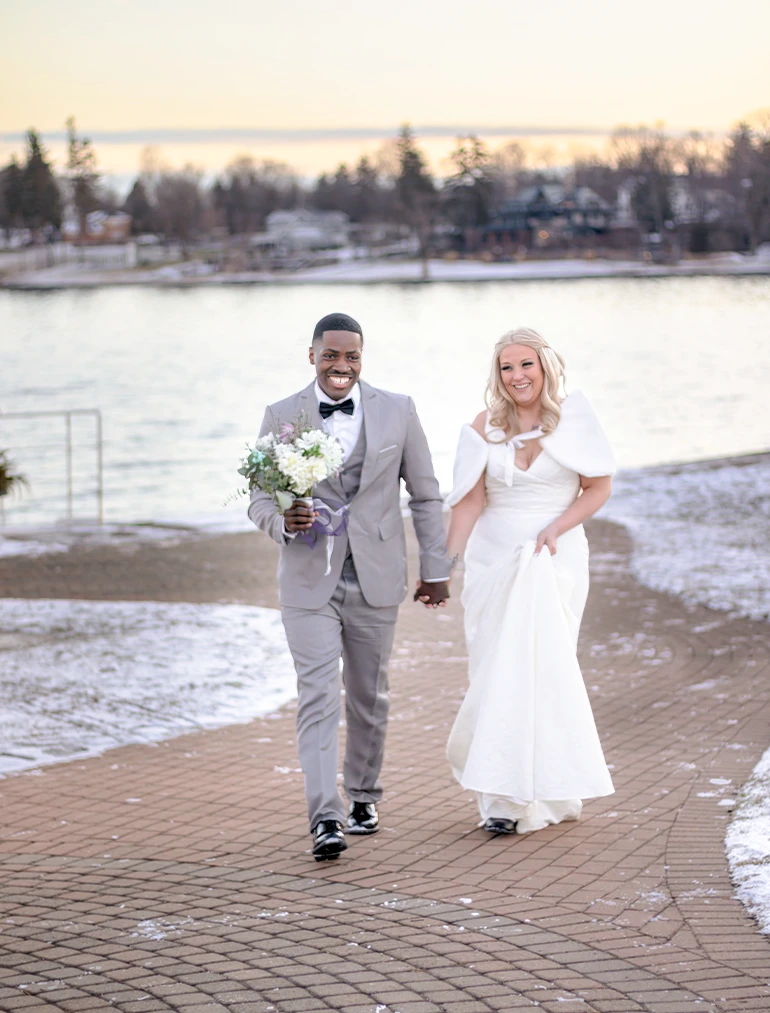

Planning a destination wedding is more than just choosing a picturesque location—
it’s about creating meaningful moments in a place that reflects your love story. Amid all the logistics, one decision carries lasting weight: who you trust to document it all. That’s where a traveling wedding photographer comes in. Whether you’re saying “I do” on a quiet beach in Hawaii or under twinkling lights in a European village, the right photographer doesn’t just take beautiful photos—they preserve the feeling of the day.
This guide will walk you through everything you need to know to choose the right traveling wedding photographer, from what to look for in their portfolio to how to navigate budgeting and contracts. Wherever your love takes you, let’s make sure your story is captured with care, artistry, and intention.

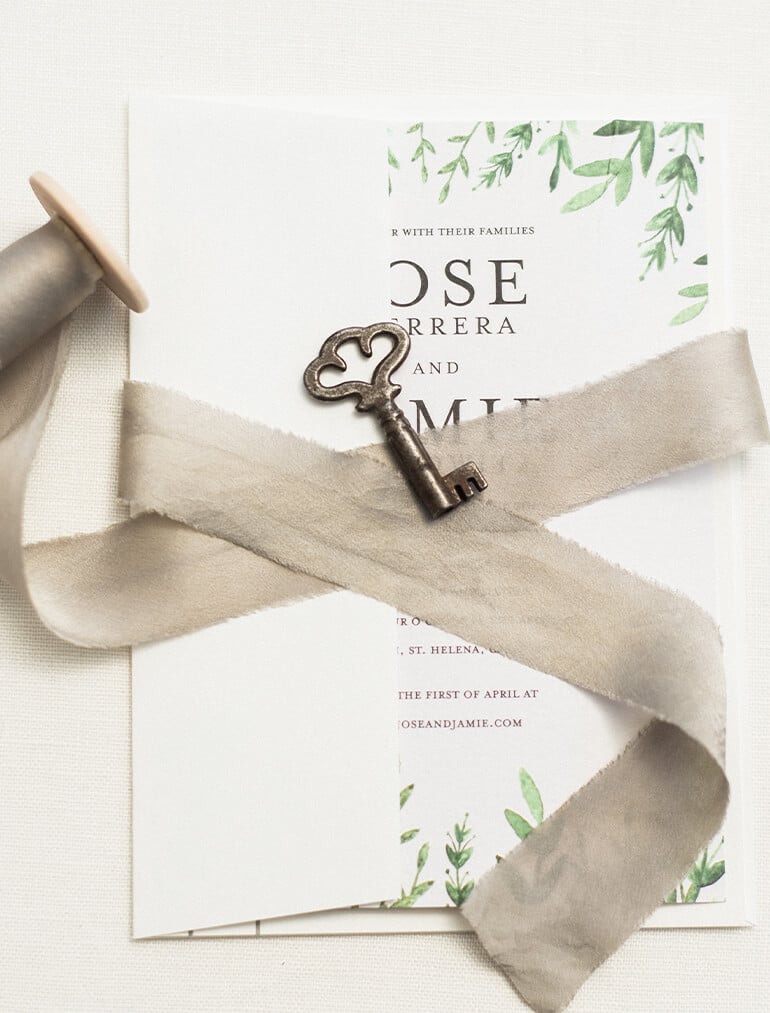
What a Traveling Wedding Photographer Really Does (and Why It Matters)
A traveling wedding photographer does more than just show up with a camera—they step into your story. They’re with you from the quiet, anticipatory moments to the wild celebration after the vows, capturing it all with intention and artistry. Unlike a local photographer who may stick to familiar venues, a traveling photographer brings flexibility, experience, and a creative eye for documenting love in unfamiliar spaces—from tropical islands to cobblestone streets.
A seasoned destination photographer has experience working in diverse environments, and is equipped to handle unexpected challenges with ease. They’re not fazed by language barriers, shifting light, or the unpredictable rhythm of a destination wedding. Whether navigating crowded cities or working around sudden weather shifts, they know how to adapt, guide gently, and still create stunning, emotionally rich images. Their understanding of different cultural traditions and environments ensures your photos feel personal, respectful, and completely true to your experience.
At their core, traveling wedding photographers are storytellers. Through their lens, they turn your journey into a visual narrative—one that feels like you, no matter where in the world you choose to say “I do.
Unexpected Perks of Hiring a Traveling Wedding Photographer
How to Confidently Narrow Down Your Shortlist
Once you’ve gathered a list of potential photographers, narrowing it down comes down to a few key things: their work, their experience, and how they make you feel.
Start with their portfolio. Look for images that not only match your aesthetic but also feel emotionally connected. Does their style stay consistent across different settings? Do they know how to work with harsh sun, low light, or indoor ceremonies? A strong portfolio will show versatility without losing artistic voice.
Then, consider their experience with destination weddings. Have they worked in locations similar to yours? Can they adapt to new environments, local customs, or unexpected logistics? A seasoned traveling photographer won’t just be flexible—they’ll be resourceful and prepared, even when things don’t go exactly as planned.
And finally: the vibe check. Your photographer will be with you during some of the most intimate, emotional parts of your day. It’s important to feel seen and supported. A quick video call can go a long way in helping you decide whether their energy, communication style, and level of care feel like a good fit for your celebration.
Questions to Ask Before Booking Your Traveling Wedding Photographer
By the time you’re ready to reach out to potential photographers, you’ve likely seen beautiful work and read glowing testimonials—but now it’s about seeing if they’re the right fit for you.
Before you book, schedule a consultation (video is great!) and ask questions that go beyond logistics. You’re not just hiring someone to take pretty pictures—you’re inviting someone into one of the most meaningful days of your life. You deserve to feel seen, understood, and supported.
Here are a few thoughtful questions to help guide the conversation:
- Have you photographed weddings in locations similar to ours?
Ask for examples to get a sense of how they adapt to different environments and lighting conditions. - What’s your approach to documenting destination weddings—do you scout, plan, improvise?
Their process matters, especially when things don’t go exactly as expected. - How do you handle travel logistics and expenses?
Clarify what’s included in their rate, how travel days are counted, and whether they manage their own bookings. - What happens if something goes wrong?
Ask about backup equipment, emergency plans, and how they protect your images while traveling. - What’s your editing process like—and when can we expect our photos?
Knowing the timeline and delivery process up front helps avoid miscommunication later. - What’s one wedding you still think about—and why?
This opens the door for storytelling and gives you insight into what matters to them. - How would your past couples describe working with you?
This gives you more than what a testimonial says—it reveals what they value most in the client relationship.
It’s not about checking off a list—it’s about getting a feel for how they work, how they think, and how they’ll show up when it matters. The right photographer will answer with clarity and care, and when the connection clicks, it’ll feel like more than a business transaction—it’ll feel like a yes.
Photography Styles Decoded – Finding the Look That Tells Your Story
One of the most personal decisions you’ll make when choosing a photographer is finding a style that reflects your story. Photography isn’t one-size-fits-all—and understanding the differences in style can help you connect with images that feel like home.
Classic or Traditional Photography
This style leans into timelessness—think formal poses, clean compositions, and an emphasis on tradition. It’s ideal for couples who want elegant, frame-worthy portraits of key moments: exchanging vows, family groupings, walking down the aisle. It’s structured, polished, and reliable.
Documentary or Photojournalistic Style
Fine Art or Editorial Photography
This style blends artistry and intention. Think magazine-worthy compositions, soft light, dramatic tones, and an elevated aesthetic. It’s often more curated and painterly, with an emphasis on visual storytelling that feels cinematic and bold.
You don’t need to know the technical terms—you just need to know how you want your day to feel. The right photographer will blend their style with your energy, location, and connection to create something that’s not just beautiful, but meaningful.
What to Know About Budgeting for a Traveling Photographer
Budgeting for a traveling wedding photographer is about more than comparing price points—it’s about understanding the full scope of what you’re investing in. The cost will vary depending on the photographer’s experience, location, and what’s included, but the key is knowing where the numbers come from and what matters most to you.
Start by asking how their travel is handled. Some photographers offer all-inclusive packages that roll travel, lodging, and meals into one flat rate. Others break it down separately—so it’s important to clarify what’s included upfront. Don’t be afraid to ask for a detailed breakdown of their pricing structure, and double-check for things like overtime rates, second shooter fees, or charges for albums and prints.
What matters more than the spreadsheet, though, is the value behind it. You’re not just hiring someone to take photos—you’re trusting them to capture moments that can’t be recreated. If someone’s energy feels aligned, if their work makes you feel something, and if they care deeply about your story, that’s worth prioritizing.
Be honest about your budget, and ask them how they typically work with couples in your range. Transparency goes both ways—and a good photographer will help you navigate what’s possible without pressure. With clear expectations and open communication, you’ll find the right fit without compromising what matters most.
Tips for Planning a Destination Wedding with Your Photographer
When you’re planning a destination wedding, your photographer isn’t just showing up with a camera—they’re stepping into the rhythm of your day. The earlier you bring them into the planning process, the better they can guide you, anticipate opportunities, and document the full story as it unfolds.
Start by sharing your itinerary, venue info, and anything you already know about lighting, ceremony timing, or cultural elements. If there are specific moments you’re looking forward to—like a quiet first look or a celebration with just your closest friends—talk about it. These conversations help your photographer stay in sync with the energy of your day.
Logistics matter, too. Whether your photographer handles their own travel or you’re coordinating together, give them time to arrive early and settle in. A well-rested, familiar-with-the-landscape photographer is more able to adapt, scout, and create with intention. Make sure accommodations are nearby, and if meals are provided, let them know what to expect—it all helps them stay focused on what they do best.
If possible, consider planning a pre-wedding shoot or a location walk-through. This helps build comfort in front of the camera and gives your photographer a chance to scout the light, explore creative ideas, and get a feel for the space. That familiarity will translate into more relaxed, meaningful images on the big day.
More than anything, trust that your photographer is there to support you—not just document the day. When you plan together with openness and intention, the experience becomes just as memorable as the photographs themselves.
Contracts, Travel, and the Fine Print – Things to Clarify With Your Photographer
When you’re hiring a traveling wedding photographer, a clear and thoughtful contract is key to a smooth experience. It should lay out exactly what’s included: coverage hours, travel terms, payment schedule, cancellation policy, and what happens if something unexpected comes up. You want everything on paper so there are no surprises—and so you and your photographer can focus on creating, not troubleshooting.
If your wedding is taking place internationally, it’s worth checking whether any permits or visas are required for your photographer to work legally at your location. Some countries have specific rules for foreign vendors, and it’s easy to get spooked by posts in planning groups or Reddit threads that say U.S. photographers can’t shoot in the EU or other destinations. But here’s the truth: we can. It just takes time, planning, and the right paperwork. If your event is more than six months away, a seasoned professional can absolutely navigate the visa process and secure the documentation needed. Don’t let fear-mongering keep you from hiring someone you love—especially if they’re ready and willing to go the extra mile to be there for you.
Speaking of logistics—make sure your photographer carries liability insurance and coverage for their equipment. Things happen: bags get lost, gear gets damaged, weather shifts plans. The right insurance won’t just protect them—it protects your day.
The bottom line? Ask the questions, review the contract, and don’t be afraid to speak up if something doesn’t feel clear. A good photographer will welcome the conversation—and take just as much care with the fine print as they do with your story.
Making Sure Your Destination Wedding Memories Outlast the Miles
At the end of the day, hiring a traveling wedding photographer isn’t just about the logistics—it’s about connection, trust, and the feeling you’ll have when you look back at your photos years from now.
The right photographer will do more than take beautiful images. They’ll walk through the day with you. They’ll notice the quiet in-between moments, help calm the nerves, and document the story in a way that feels honest, intimate, and fully you.
So yes, ask the questions. Clarify the travel details. Review the contract. But also pay attention to how you feel when you talk with them. Do they listen? Do they understand what matters to you? Can you picture them right there beside you on the best day of your life?
Because when the connection is right, everything else falls into place—and your wedding photos become more than memories. They become a lived experience you get to hold onto. A reminder not just of how everything looked, but how it felt.
